Urban Living Labs
What is an Urban Living Lab?
A Living Lab brings together different levels of government, civil society, private sector actors and the local communities to put a demand concerning a common goal into practice.
An Urban Living Lab does this in the context of urban development. It promotes participatory and multidisciplinary interventions organising workshops, activities for awareness-raising and small construction measures that foster decent, sustainable and safe neighbourhoods.
Through the Urban Living Labs, GIZ and BMZ aim to enrich the dialogue with development cooperation partners on the guiding principles of German development cooperation and aim to match these principles with real-life projects.
This learning curve illustrates the added value of urban strategies for SDG implementation and helps to develop tools and new methodological approaches.
Vibrant and resilient neighbourhoods
Under the new motto and with cooperative support of the Cities Alliance and UN-Habitat, innovative urban strategies are tested in four new Urban Living Labs to demonstrate potential for future upscaling on different levels and replication in different local contexts.
There are five central themes of the CitiesCHALLENGE 2.0, strongly connected with SDG No. 11: Sustainable Cities and Communities.
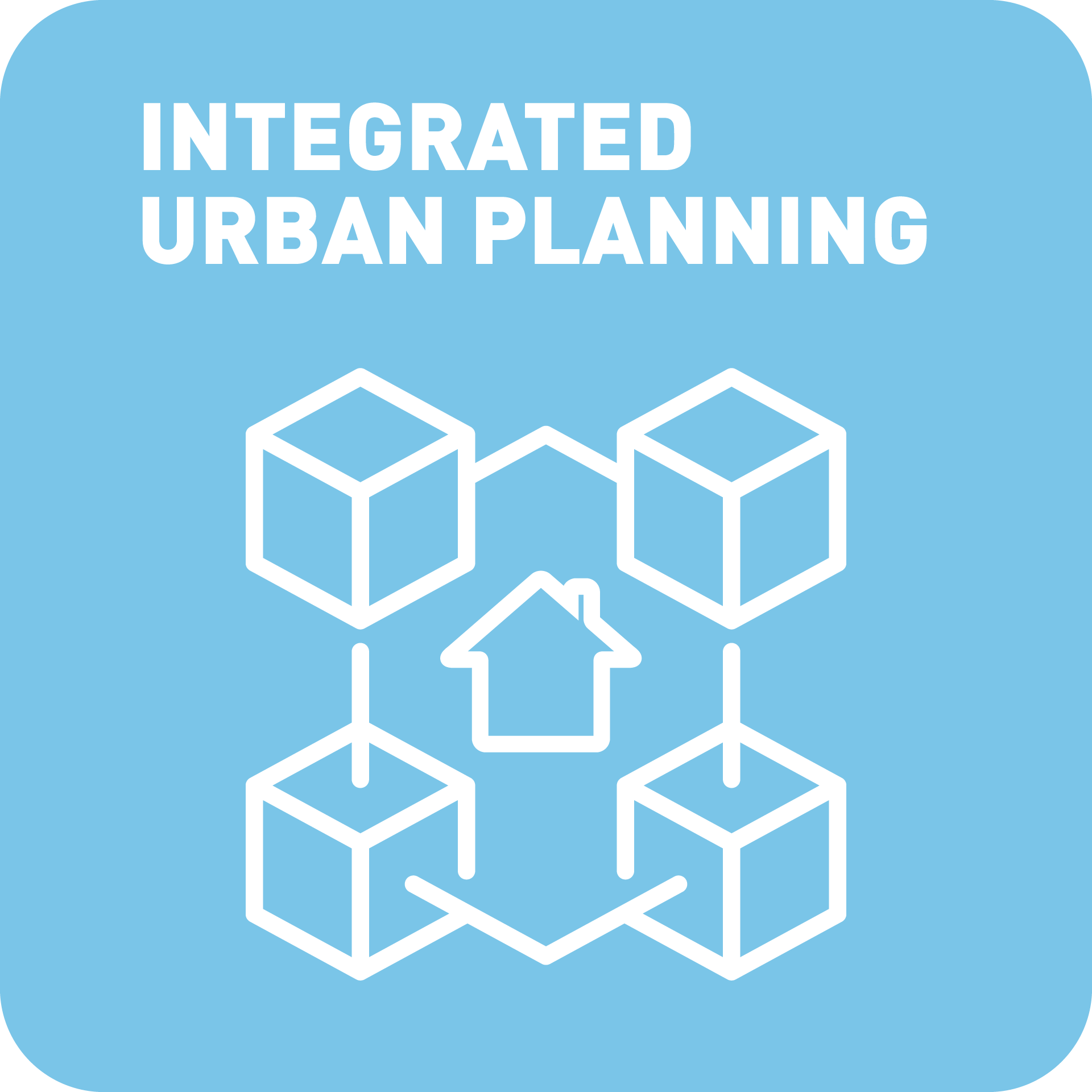
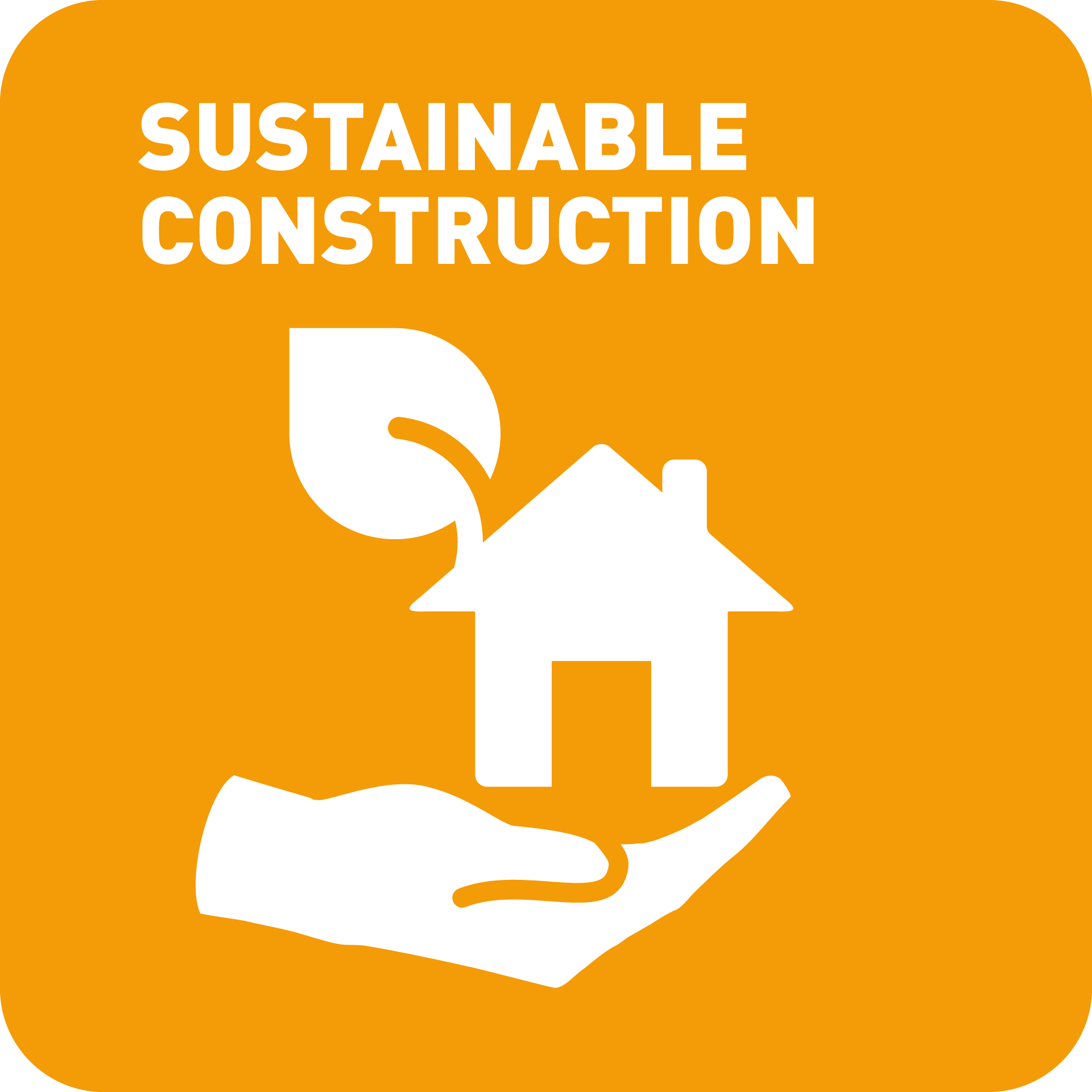
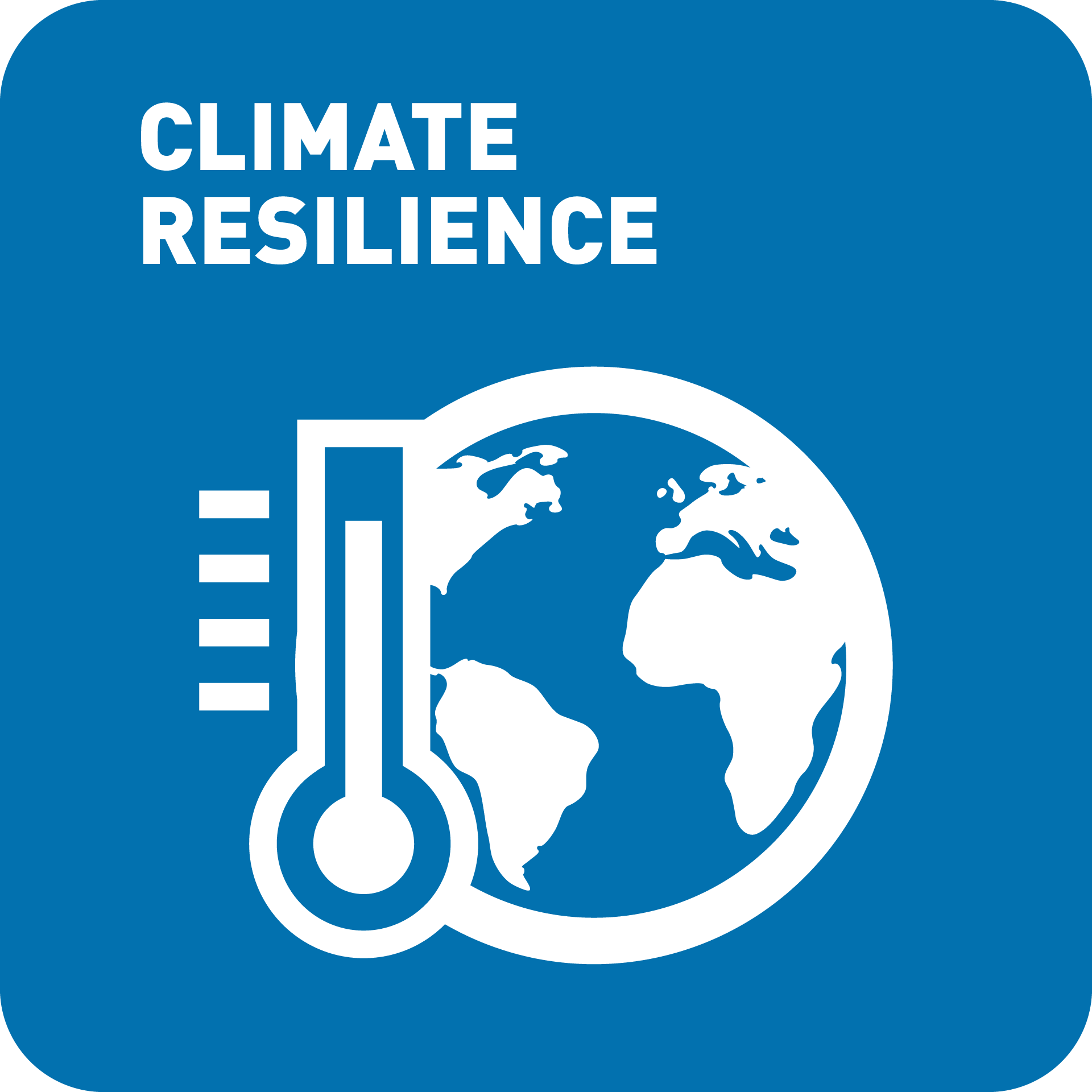
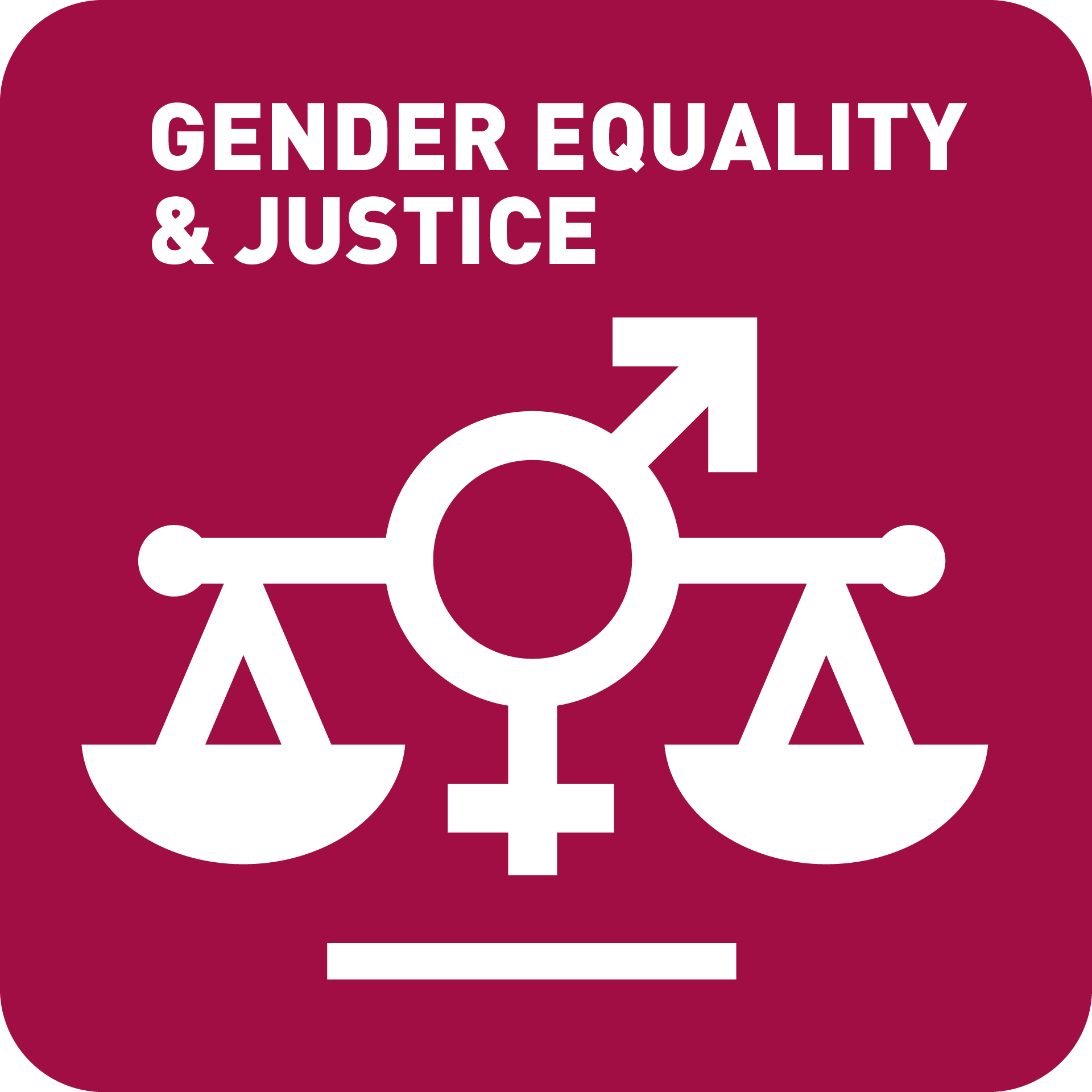
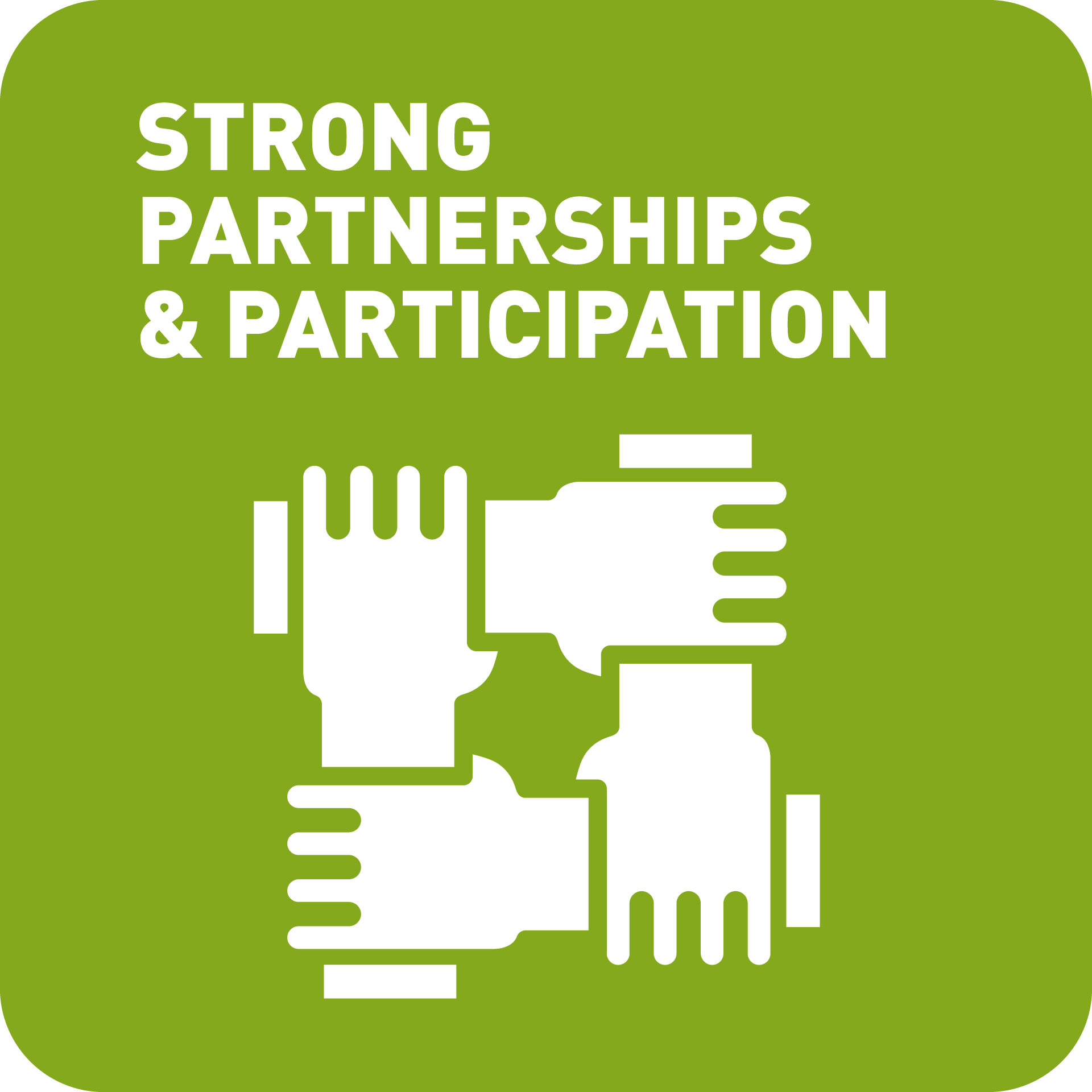
Integrated Urban Planning
All Urban Living Labs are implemented using a holistic approach: They take equal account of social, economic, or ecological aspects. Whether it is about the consequences of extreme weather or about making people self-sufficient in food: Only integrating these different approaches in existing administration and across different sectors makes cities truly more sustainable.
Sustainable Construction
Climate Resilience
Gender Equality & Justice
Strong Partnerships & Participation
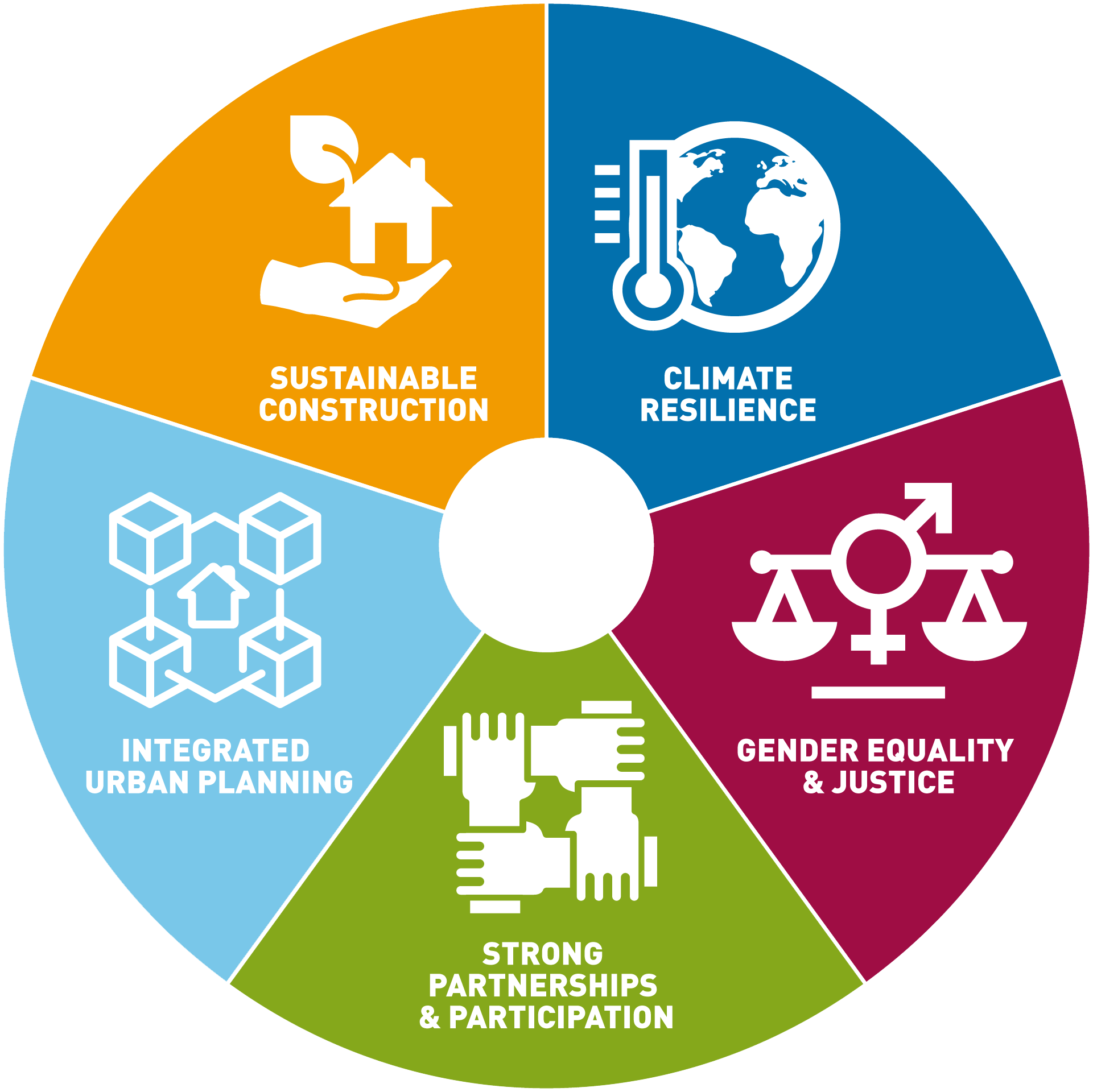
Integrated Urban Planning
All Urban Living Labs are implemented using a holistic approach: They take equal account of social, economic, or ecological aspects. Whether it is about the consequences of extreme weather or about making people self-sufficient in food: Only integrating these different approaches in existing administration and across different sectors makes cities truly more sustainable.
Sustainable Construction
All buildings constructed as part of the Cities Challenge are constructed in a resource-conserving way. They are constructed by local experts using sustainable materials typical for the country. Constructions in existing buildings, such as heat reduction measurements, are implemented using simple techniques and long-lasting materials.
Climate Resilience
Climate change is pushing people who live in informal settlements to their physical stress limit. Measures in the Urban Living Labs, for instance urban greening, help to alleviate the consequences of increasingly hotter seasons and improve the quality of life of urban residents in the global south.
